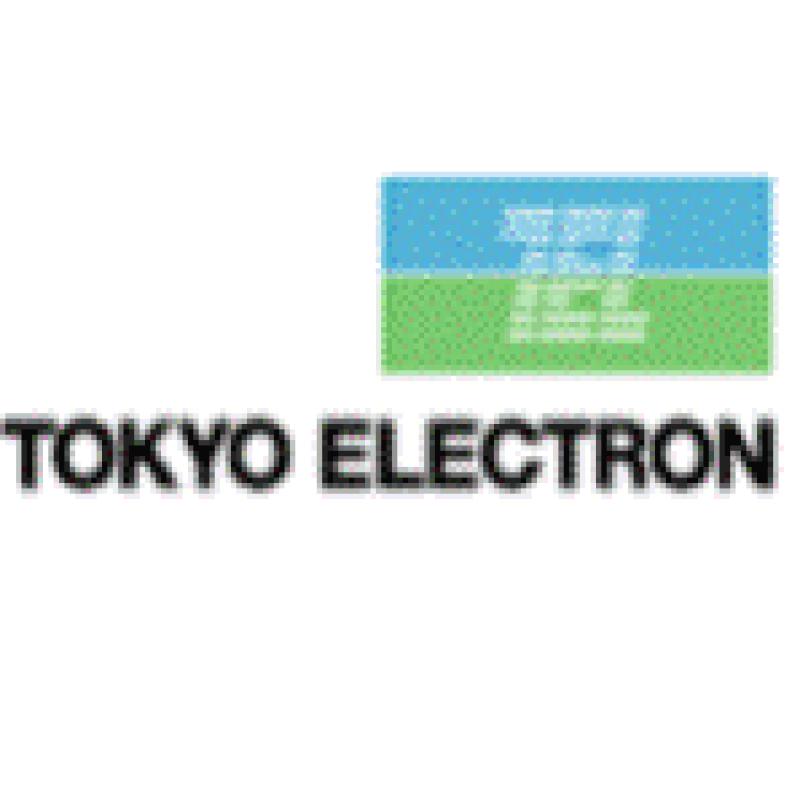
The Tokyo Regional Taxation Board said the income allocated to the parent company was insufficient for the six years, ending fiscal year March 31 2011, and has corrected this income to ¥14.3 billion ($180 million) with penalty taxes of ¥6.7 billion.
The company maintains its taxes were correctly paid and says, it emphasised this during an audit from the authorities, but neither side was able to come to an agreement.
“It is truly regrettable that the situation has developed to the point that TEL is subject to a retrospective tax adjustment, and that TEL cannot acquiesce to the adjustment,” said a TEL company statement. “TEL will promptly file its objections with the tax authorities and perform procedures requesting inter-governmental consultations pursuant to the tax treaties ratified by Japan, the United States, and South Korea.”
The company seems confident it will be able to resolve the issue through consultations with the Competent Authorities of the three countries involved and plans to report for the first quarter of the fiscal year up to March 31 2013 total tax expenses of about ¥2.4 billion “as the difference in amounts resulting from the different corporate tax rates between Japan, the United States and South Korea (the difference of the amount of the additional taxes in Japan and the tax refunds in the United States and South Korea) and the additional amount in conjunction with the imposition of additional taxes”.









